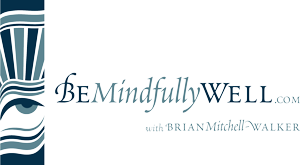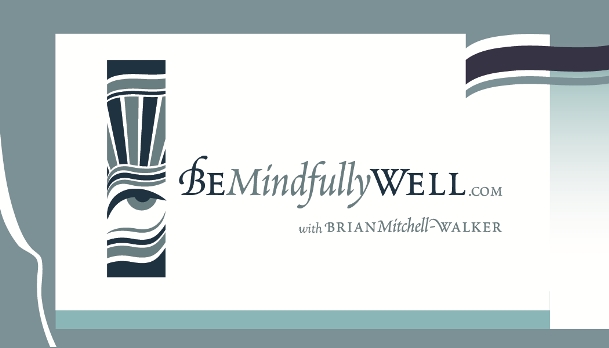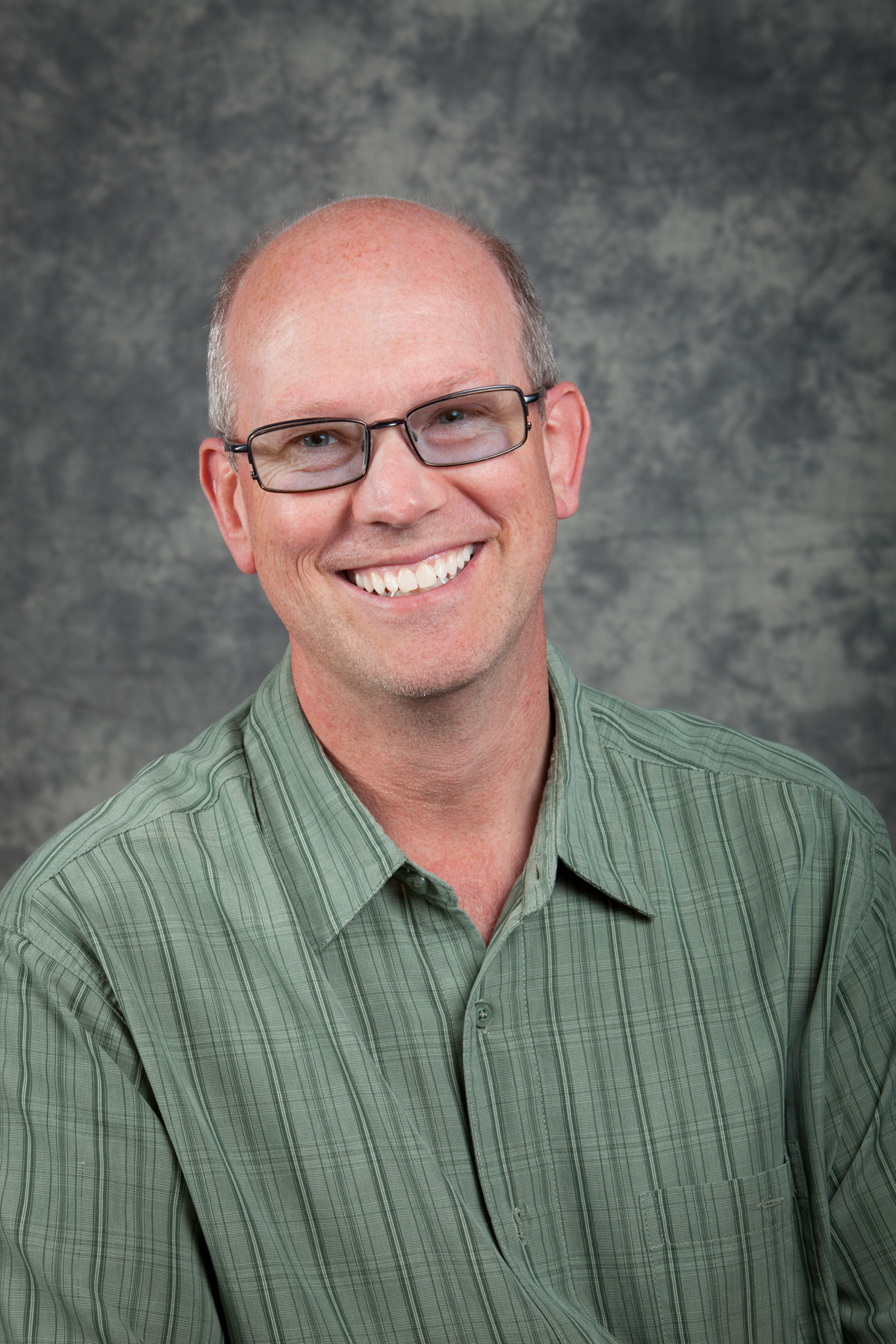Brian considers himself, like all of his clients, as a complex human being where only parts of who he is show in any given moment. In his past, Brian would describe how he would forget or bury many different aspects about himself when trying to emphasize the skills that were needed at that time. After extensive training with Don Riso and Russ Hudson of the Enneagram Institute and ongoing work with Andrea Isaacs of EnneaMotions and the faculty of the Deep Coaching Institute, Brian now operates with the belief that the more in touch he is in the moment – that it enriches not only the skills he brings but also what can arise to enhance the moment. So although Brian brings much more, these are the aspects that he brings to this work.
A learner and a teacher:
Brian enjoys learning and as a teacher he knew some of his best teaching came from learning with the students. Brian taught Kindergarten to grade 3 for 12 years in different Toronto inner city schools. As Brian worked in team teaching situations, his classrooms were used as a model to other teachers. During this time he also worked with a variety of Early Childhood Educators and the Bachelor of Education program of York University. Brian continued this teaching and learning with all ages as he worked for the Saskatchewan Conference of The United Church of Canada from 2001 – 2012. During this time he worked as a resource to churches, committees, camps, coordinating local, national and international events. He supported volunteers to ensure residential kids camps met provincial and national standards, to raise awareness of Global concerns while working with international partners, to working for the human rights of all within Canada, to helping others understand the work of Finance and Administration.
All of these experiences combined with the many courses he has taken – with the Don Riso and Russ Hudson (founders of the Enneagram Institute), with Andrea Isaacs of EnneaMotion, – and with Roxanne Howe Murphy and other faculty of the Deep Coaching Institute – have helped him gain insights into the many cultures that make up our society and how the Enneagram Personality Types works so well across cultures.
An active listener:
As a young adult, Brian was trained in the skills for active effective listening through L.E.A.D. consultants “Learning the Language of Healing – LAB 1.” Through all of his work with education, social services and within the church he has never come across a program in listening skills as comprehensive as this. It has helped him cross the “interpersonal gap” and remained present to the person he is listening to. Brian uses these skills as coach, teacher, learner and facilitator.
A family and community member:
Brian and his husband fostered different troubled teens before adopting their two sons. These early experiences of fostering taught him the real meaning of team work with his husband and to be open to available supports for it truly takes a village. With all of the support his family receives, it is important for him to give back in a variety of community work from the local PTA, to supporting residential summer camps, to working for the rights of all in various National committees.
Technologically savvy:
Brian has been an early adopter of technology for over 20 years. He learned at an early stage to have fun playing with technology. Playing allowed him to see what was possible. But when using technology it is important to Brian to make sure that it supports or enhances what he was doing and not to let technology dictate how something should be done or use technology just for technology’s sake. He uses these technical skills in his presentations and communication between himself and others. Brian video conferences with others across the world on a regular basis and has hosted online meetings and webinars – helping all to participate. He is comfortable working in person or online, sharing information through a variety of software and media forms.
Creative and Analytical:
Brian enjoys problem solving – from simple problems as found in knitting or quilting, to building relational data bases, to working with world partners on systems analysis. Through all of this Brian searches for ways that theory can be acted upon in practical everyday life.





